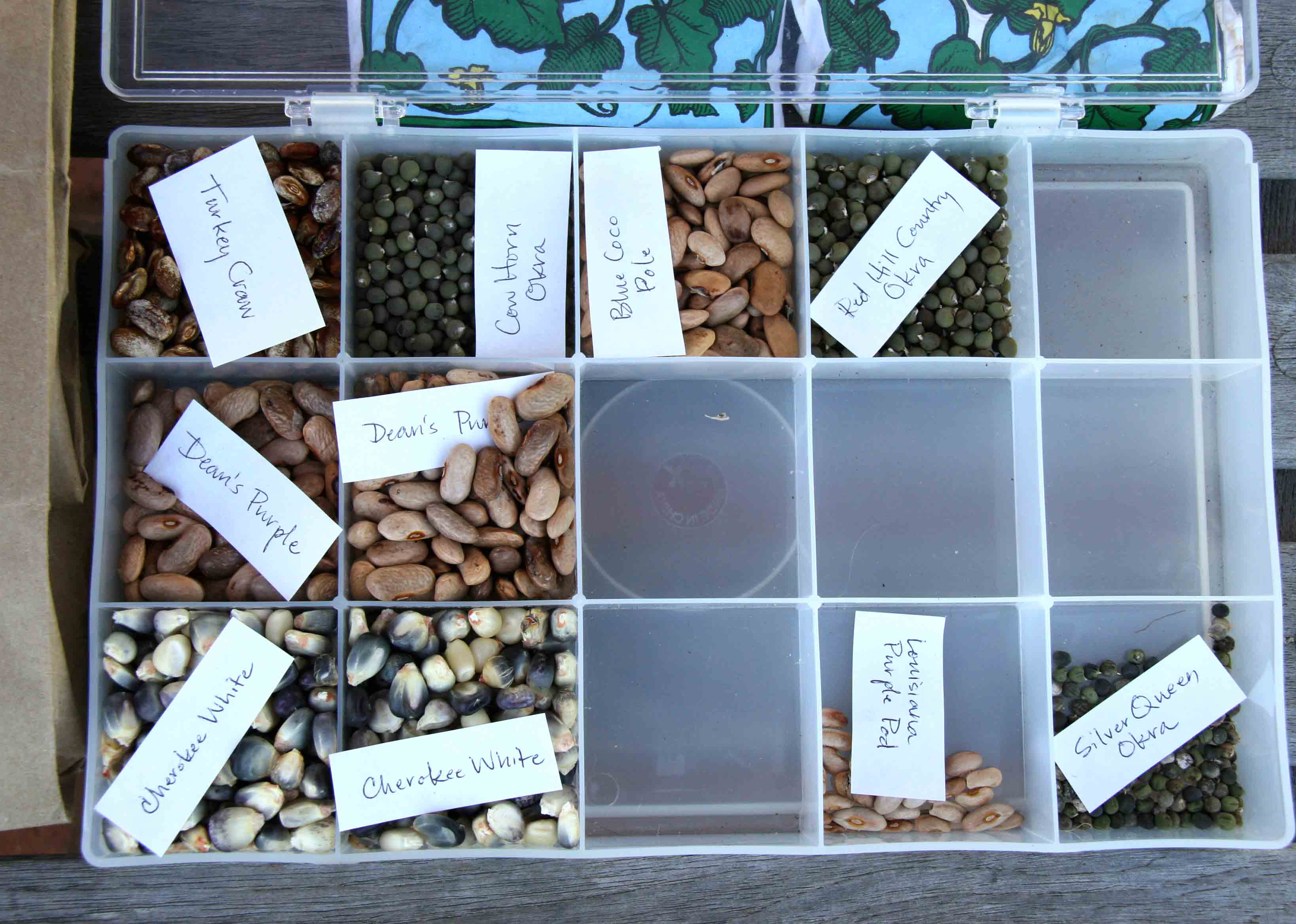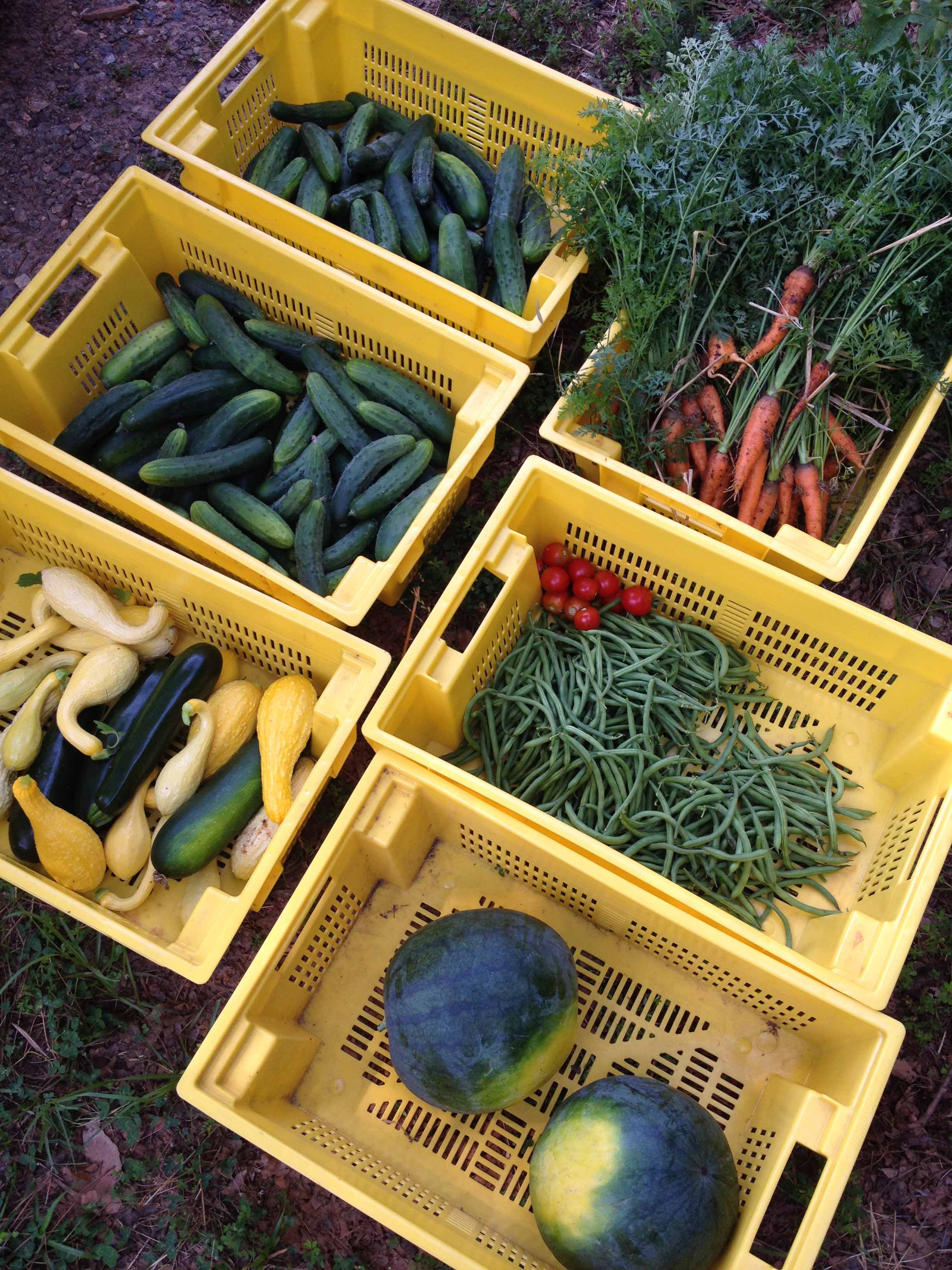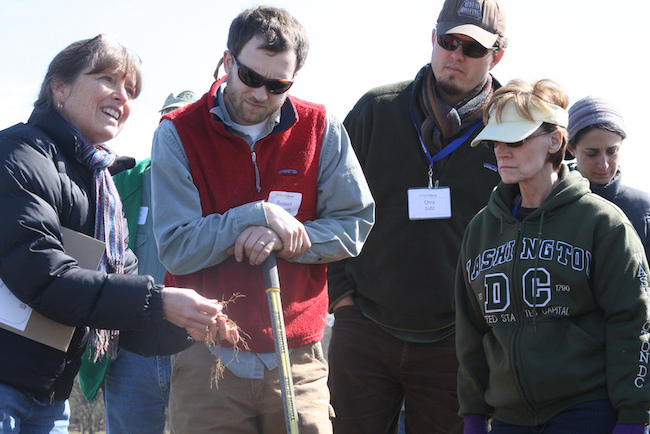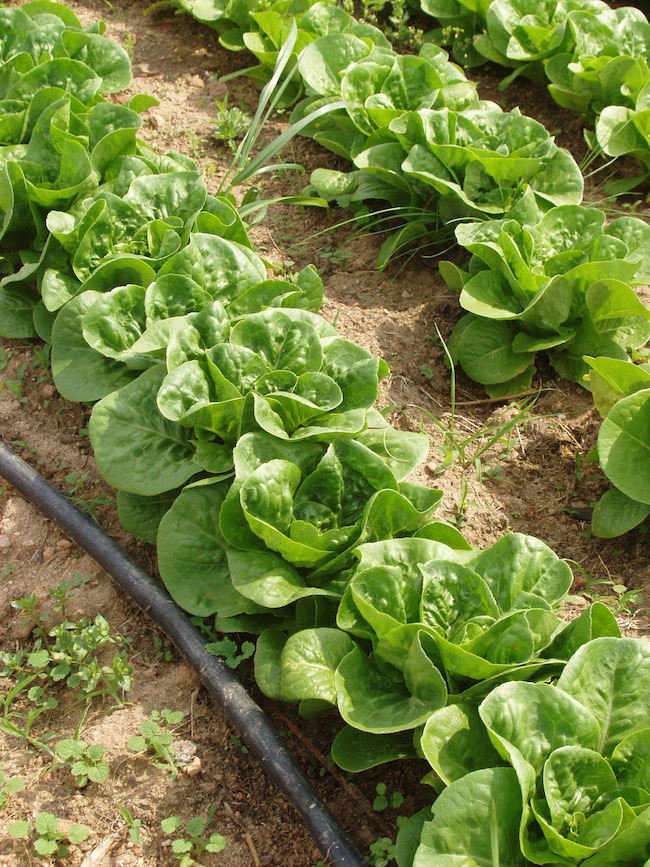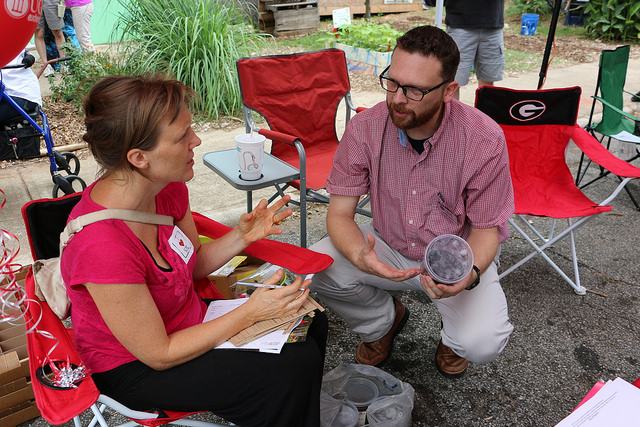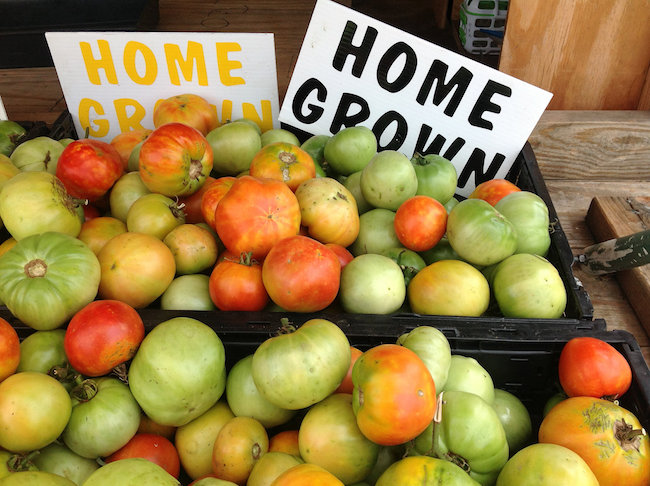 CAES News
CAES News
Tomato Varieties
Soon soil temperatures will be warm enough for planting those precious backyard tomatoes. Given the many options available, which variety and type of tomato should you choose?

